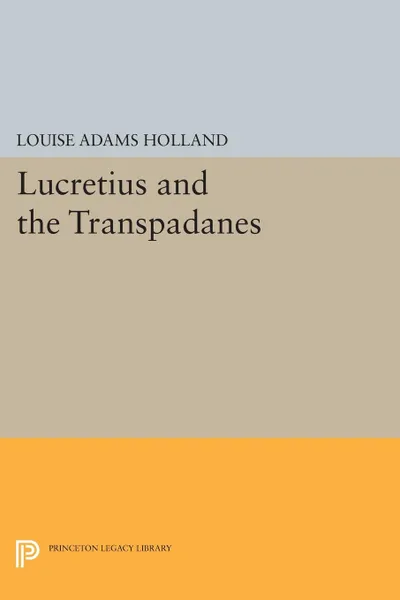Lucretius and the Transpadanes 14+
Автор: Louise Adams Holland
2015
170 страниц
Категория: Литература на иностранных языках
ISBN: 9780691603100
Язык: Английский
🔖 In the absence of tape recordings from antiquity, we have a limited knowledge of how classical Latin prose or verse sounded as it was rendered orally. Yet we do know that the spoken word varied greatly from place to place, regardless of how much uniformity the written language maintained. Louise Adams Holland considers the geographical basis for these linguistic differences, and advances new arguments for the origin of Lucretius. She shows that he came from the same area of northern Italy-the Transpadane-as Catullus and Virgil, not from Rome, as the majority of his critics have contended.Originally published in 1979.The Princeton Legacy Library uses the latest print-on-demand technology to again make available previously out-of-print books from the distinguished backlist of Princeton University Press. These editions preserve the original texts of these important books while presenting them in durable paperback and hardcover editions. The goal of the Princeton Legacy Library is to vastly increase access to the rich scholarly heritage found in the thousands of books published by Princeton University Press since its founding in 1905.
Мнения
